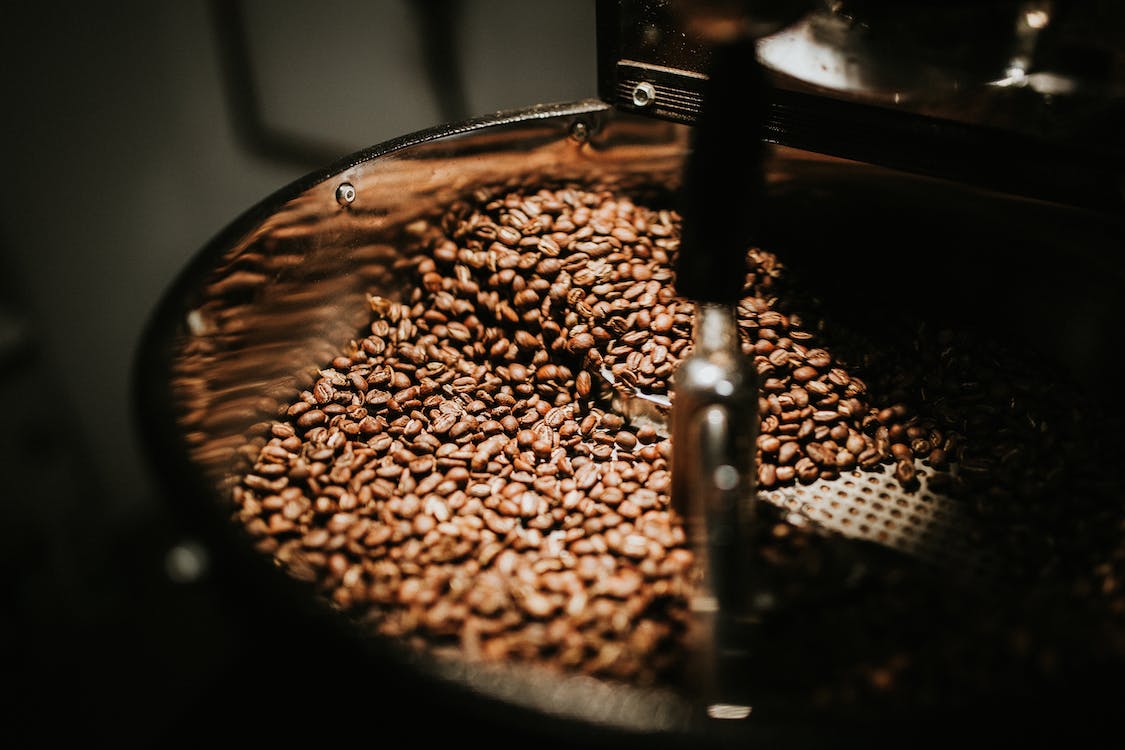
FAQ About Coffee

How does coffee brewing differ in commercial versus home settings?
Coffee brewing methods can differ between commercial and home settings due to several factors, including equipment, scale of operation, and desired outcomes. Here are some key differences:
- Equipment: Commercial coffee brewing setups in cafes, restaurants, and coffee shops often utilize professional-grade equipment designed for high-volume production and consistency. This includes espresso machines with multiple group heads, commercial-grade grinders, and batch brewers capable of brewing large quantities of coffee. Home brewing, on the other hand, typically involves smaller-scale equipment like single-serve brewers, pour-over devices, or home espresso machines, which are often designed for personal use or smaller servings.
- Batch Size: Commercial settings usually require larger batch sizes to cater to a high volume of customers. Batch brewers in commercial settings can brew several liters of coffee at once, ensuring efficiency and quick service. In contrast, home brewing methods are typically designed for smaller batch sizes, producing enough coffee for a few cups at a time.
- Consistency and Precision: In commercial settings, consistency is crucial to maintain a standardized coffee experience for customers. Baristas are trained to follow specific brewing recipes, ratios, and extraction parameters to ensure consistent taste and quality. Commercial equipment often offers precise temperature and pressure control, allowing for greater control over the brewing process. In a home setting, while consistency is still important, there may be more flexibility and room for experimentation with different brewing techniques and personal preferences.
- Brewing Techniques: While some brewing techniques can be used both commercially and at home, certain methods are more commonly associated with specific settings. For example, espresso-based beverages like lattes and cappuccinos are typically prepared using commercial espresso machines found in cafes. Pour-over methods like Chemex or V60 are often favored by home enthusiasts due to their manual nature and focus on extracting nuanced flavors.
- Time and Attention: In commercial settings, speed and efficiency are crucial to meet customer demands. Baristas often focus on efficient workflows and multi-tasking to serve coffee promptly. Home brewing, on the other hand, allows for a more leisurely approach, with home brewers having the luxury of dedicating more time and attention to the brewing process, experimenting with different variables, and refining their technique.
- Specialty Coffee Focus: In recent years, specialty coffee has gained popularity in both commercial and home settings. However, specialty coffee shops and dedicated roasters often place a greater emphasis on sourcing high-quality beans, utilizing precise brewing methods, and showcasing unique flavor profiles. Home brewing enthusiasts, while also appreciating specialty coffee, may have different access to specialty coffee beans and may vary in their level of equipment and brewing expertise.
